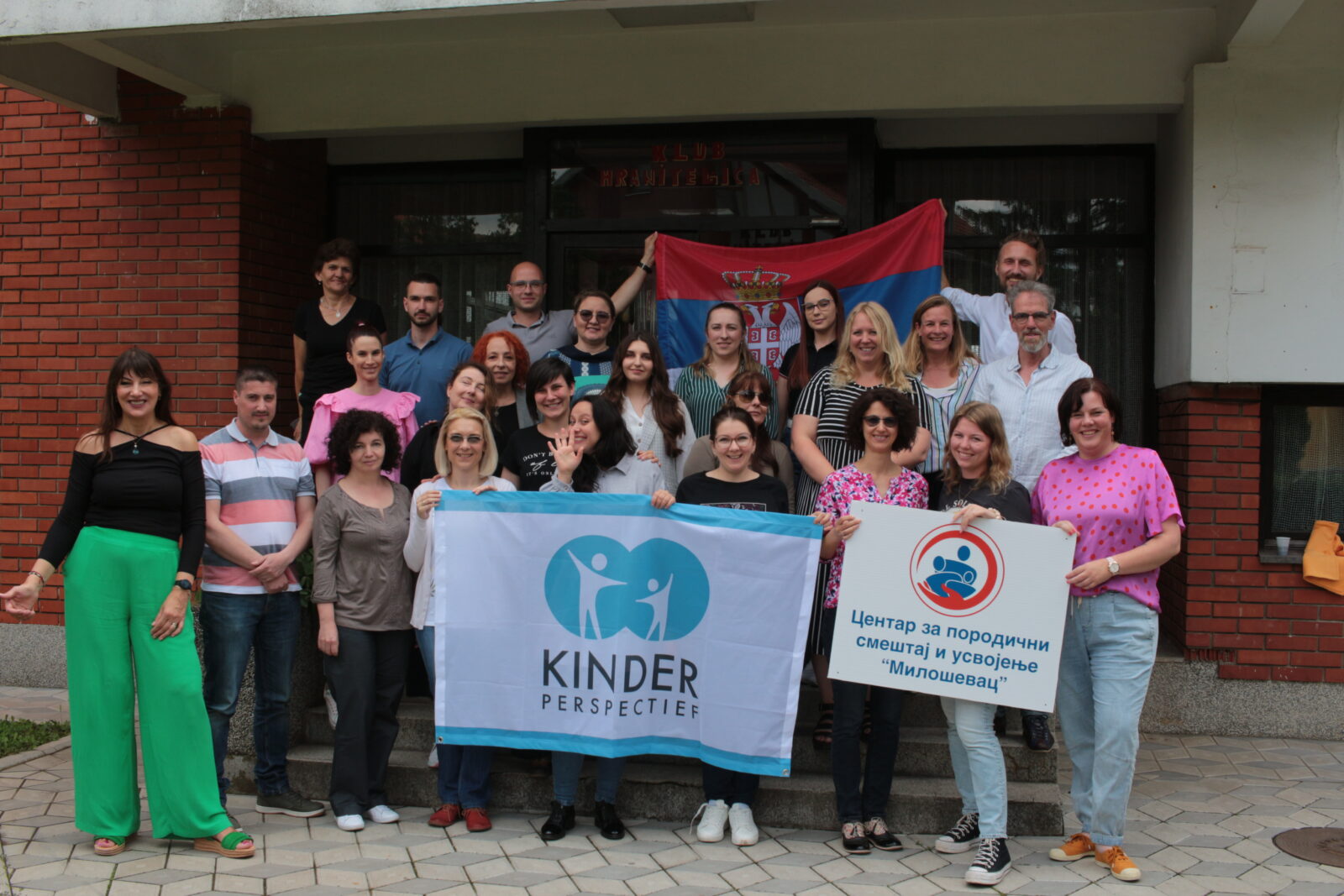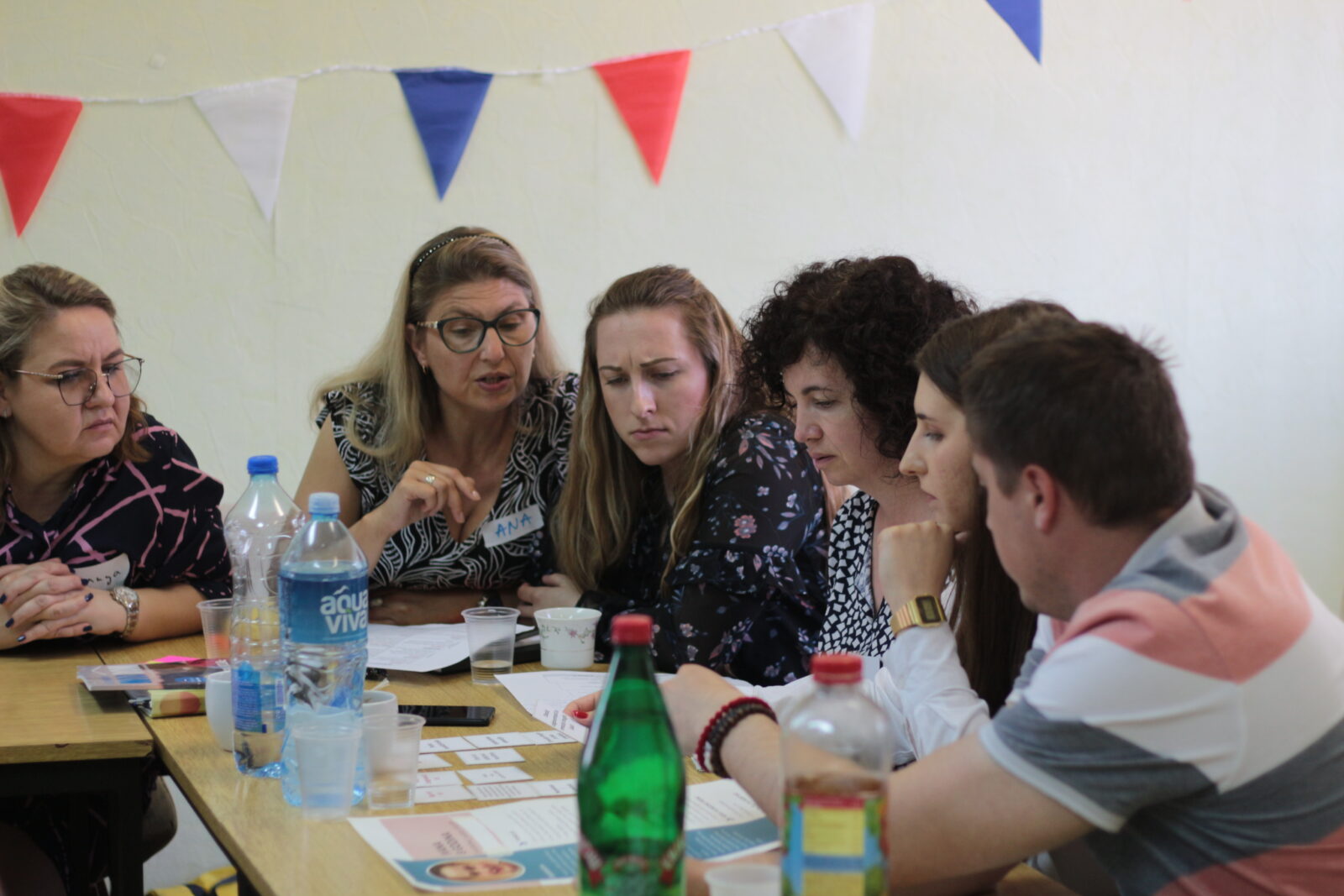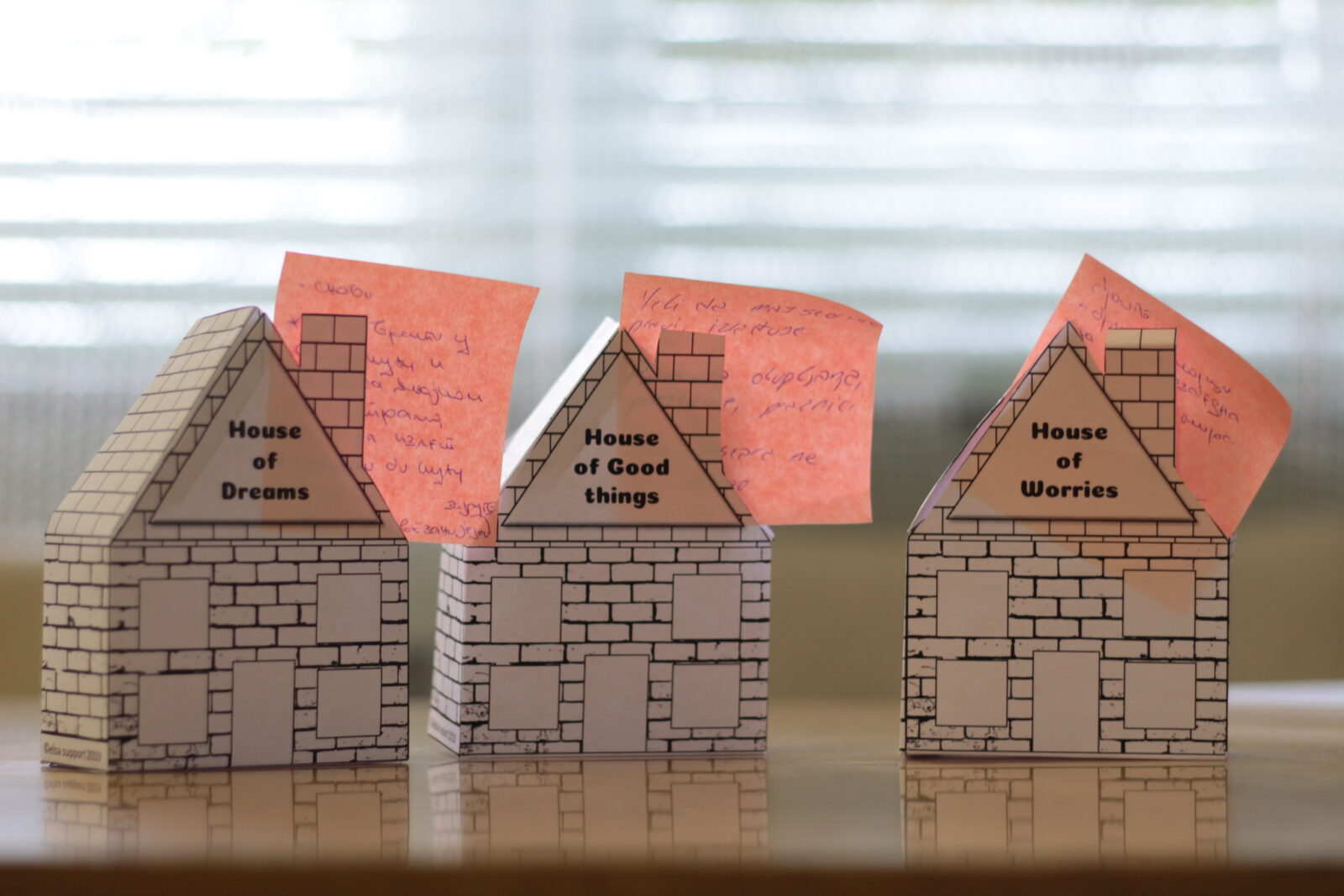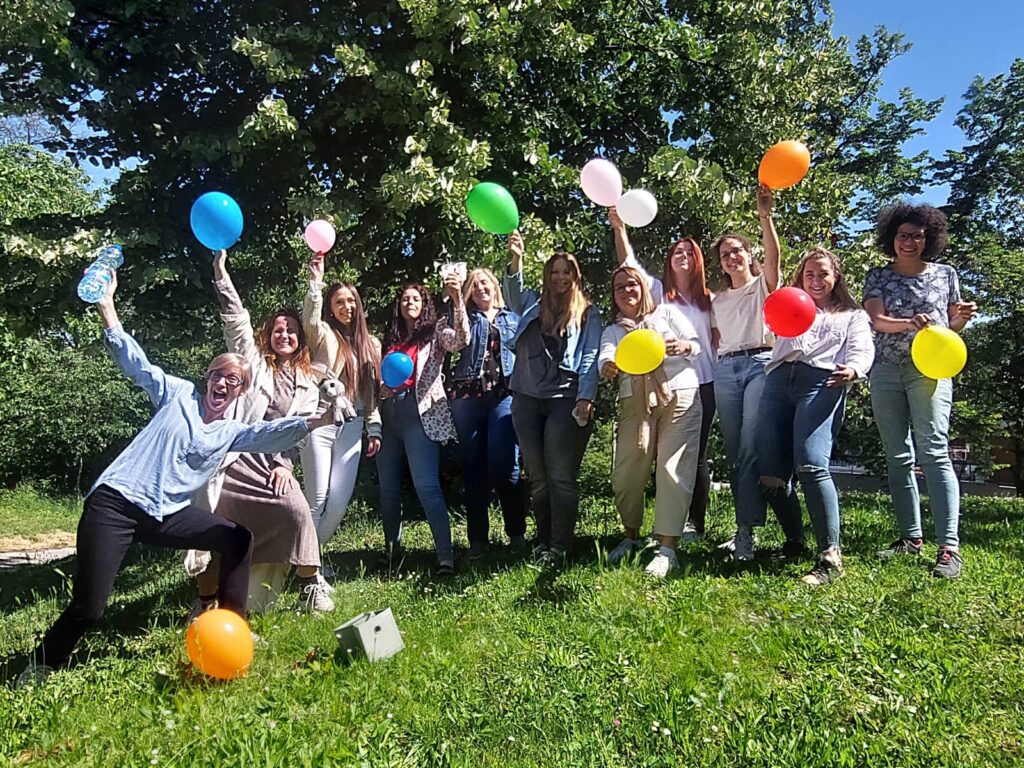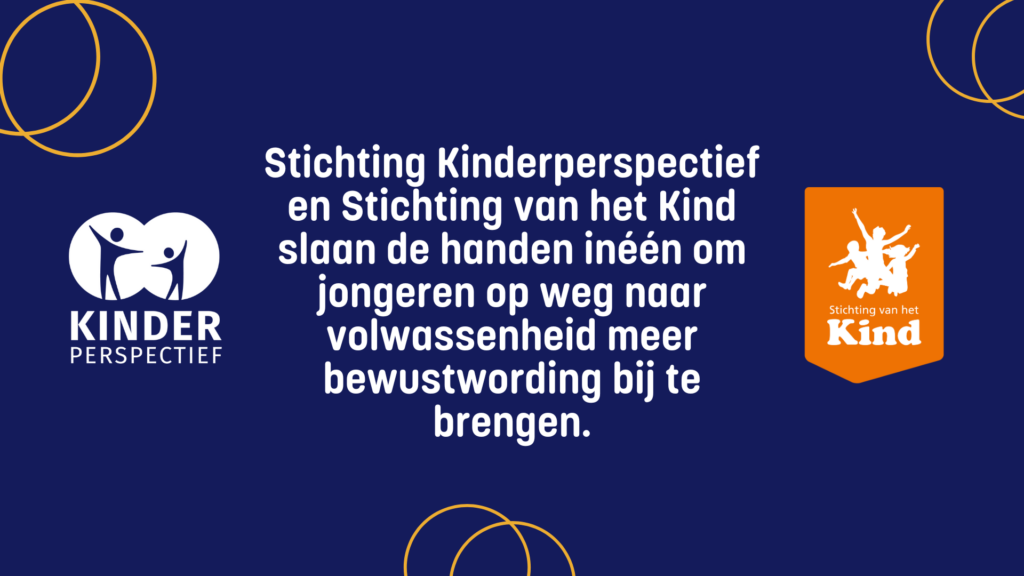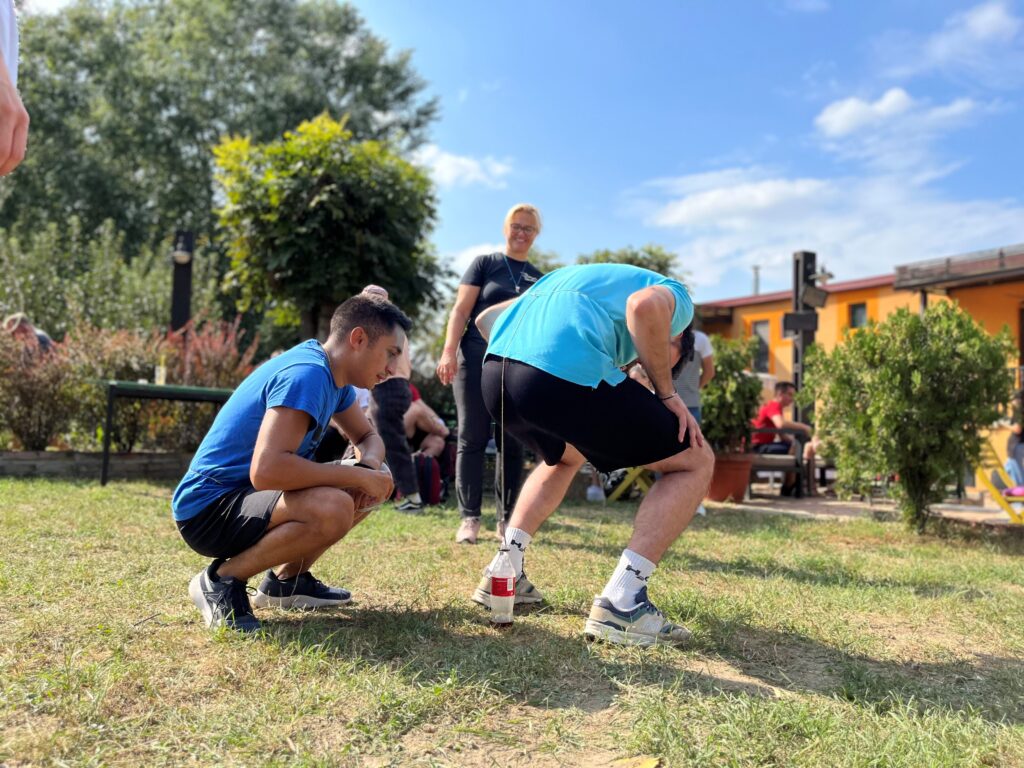ACADEMY PARTICIPANT WIM ON THE SERBIA TRIP: 'INSPIRING, CHALLENGING AND EDUCATIONAL'
March 7, 2024
Every year, Stichting Kinderperspectief organizes an Academy trip for Dutch professionals in youth care to Bosnia, Croatia or Serbia. How do professionals experience this Academy trip, what do they leave behind in the Balkans and what insights do they take back with them? This time Wim from Yorneo.

Please introduce yourself briefly. Who are you and what inspired you to join the Children's Perspective Academy?
"My name is Wim and I work at Yorneo. The inviting text of Kinderperspectief inspired me to participate. And actually this is not quite right either. The enthusiasm of Martijn asked me if I wanted to join. Then I visited your website and the ideological objective of Kinderperspectief immediately appealed to me. Besides the personal curiosity about youth care professionals in another country."
If you had to describe the Academy week in a few words, which one would you choose and why?
"Inspiring, challenging and educational because it provided a unique opportunity to exchange knowledge and experiences with international colleagues."
What key insights did you gain during the workshops in Serbia? What were some of the key learning moments for you and your Serbian colleagues?
"An important insight was modesty. Considering the limited resources available to our Serbian colleagues and the legal disparity compared to in the Netherlands the special juvenile law, independent court, it is very special that even in the Netherlands youth care is not doing well. We have so much and in Serbia it seems so little (comparatively speaking).
An important learning moment was the transfer of easily applicable tools and the realization that the end result depends on the person as a counselor, the commitment and the personal quality of the counselor. You use yourself as an instrument. The contribution we have made is an expansion of 'the toolbox'; enriching the possibilities and where possible the resources (methodologies) we gave in workshops and which can now be had, however modestly."
What were the challenges you faced while working in a different cultural context? How did you overcome these challenges?
"The biggest challenge was not the language barrier but moving myself to think about the same issues within a different cultural context. I had too little knowledge of that and could not be constantly aware of it. Actually putting myself in the other person's shoes within another cultural social context, the Serbian context, is something I regularly forgot. All naturalness is gone. I managed to overcome this by remaining curious and opening up to the other. They are well-trained professionals, raised in a different paradigm. This makes it very fascinating and I was curious about the interaction of mutual knowledge and expertise."
What were striking differences you observed between Dutch youth care and youth care in Serbia?
"In the Netherlands everything seems neatly arranged but with that it has become very bureaucratic. If it's right on paper it must be right. There is also a piece of 'distrust' of the professional built into the system. It must be verifiable and traceable and we lose a lot of time and money in completing and complying with these rules and accountability. Sometimes we seem to forget what this is really about. We seem to have enough resources at our disposal and yet we are still searching for the best way to organize Youth Care and what to spend the finances on. In addition, the legal framework, jurisprudence, juvenile justice in the Netherlands is a great thing that is totally lacking in Serbia. This makes the framework within which we work incomparable. To systemic work, where in almost every situation in the Netherlands, there is an important role for the original biological system, is looked at differently in Serbia."
How do you think the experience of working in Serbia has affected your professional development as a youth care worker? What skills were you able to strengthen or new perspectives did you gain?
"The experience threw me back to basics: meeting the other and using the knowledge and 'tools' at my disposal. It strengthened my skill in transferring knowledge and stimulating developmental power in others. It is about the encounter with the other. The other gives me the assignment to. Within this aspect the available knowledge and tools are used. It was based on the strength of the other, listening and observing carefully to help stimulate the developmental strength of the other. Almost everyone possesses their own solution to the life issues they face. Connection was made to the solution capacity of the person seeking help and questions were asked that led to their own solution. The skill in knowledge transfer and the hunger for knowledge from others were essential in this process."
What are some of the key messages or recommendations you would like to share with other youth care workers interested in international exchanges and sharing knowledge and experiences?
"Don't go with the premise that you come for knowledge transfer, research above all what the other needs within the existing cultural context and connect to the question of. In the Netherlands we may have more instruments, money and methods but does that mean we have more knowledge? This experience contributes to personal development as a person and as a caregiver, precisely in the encounter with the other. What you share is passion for the profession and enthusiasm. Allow yourself to learn from the other and above all be humble. Then connection and enthusiasm is created and with it knowledge transfer reciprocates and what you want to convey thus comes to life and emulation, it becomes useful."
Would you like to do more such international collaborations and exchanges in the future? If so, which countries or regions would you like to explore and why?
"Yes, please, although I don't have a specific preference for countries or regions. It has enriched me as a person and caregiver and I have become curious about other cultural perspectives on youth care."





